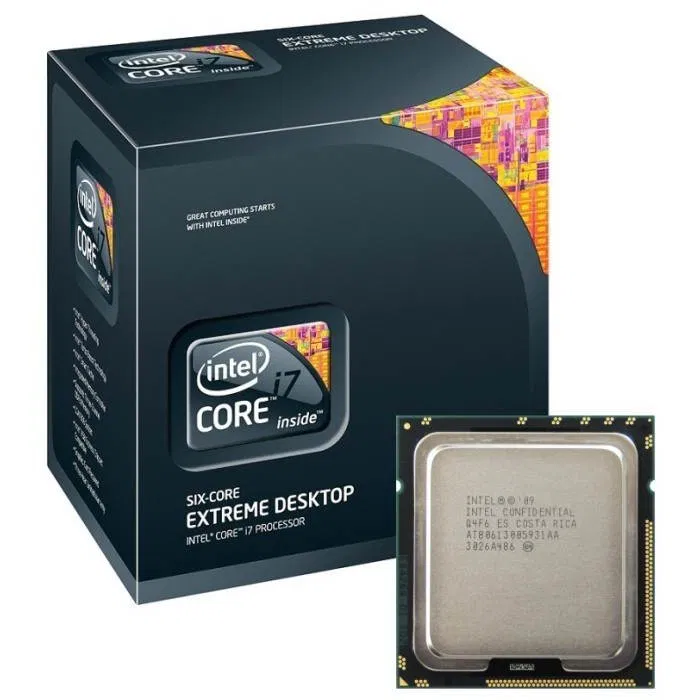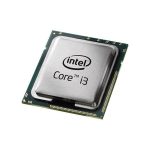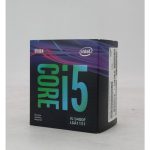In the world of high-performance computing, choosing the right processor is crucial. The Intel Core i9-7990X has built a reputation as a top-tier option for gamers, content creators, and professionals alike. However, it competes with other high-end processors such as AMD’s Ryzen 9 5950X and Intel’s own Core i9-11900K. This article will compare the Intel Core i9-7990X with these notable processors, highlighting their specifications, performance, power consumption, and suitability for different tasks.
Overview of the Intel Core i9-7990X
First, it is essential to understand the specifications and features that set the Intel Core i9-7990X apart from its competitors. Introduced in late 2017, this processor belongs to the Skylake-X family and targets enthusiasts and professionals seeking maximum performance.
Key Specifications
The Intel Core i9-7990X boasts 18 cores and 36 threads, making it an excellent choice for multitasking and demanding applications. It has a base clock speed of 2.6 GHz and can boost up to 4.4 GHz depending on the workload. The processor supports Intel’s Turbo Boost Max Technology 3.0 for improved single-threaded performance.
In terms of memory support, the i9-7990X can handle 6-channel DDR4 memory with speeds up to 2666 MHz. It also comes with Intel’s advanced thermal management features, ensuring efficient cooling even under heavy workloads. The inclusion of 44 PCIe lanes provides ample bandwidth for multiple GPUs, high-speed storage, and other peripherals.
Target Audience
The i9-7990X is geared towards users who require superior performance, such as 3D rendering professionals, video editors, and hardcore gamers. Its multi-core capabilities stand out in applications that benefit from parallel processing, making it a strong contender for workstation builds.
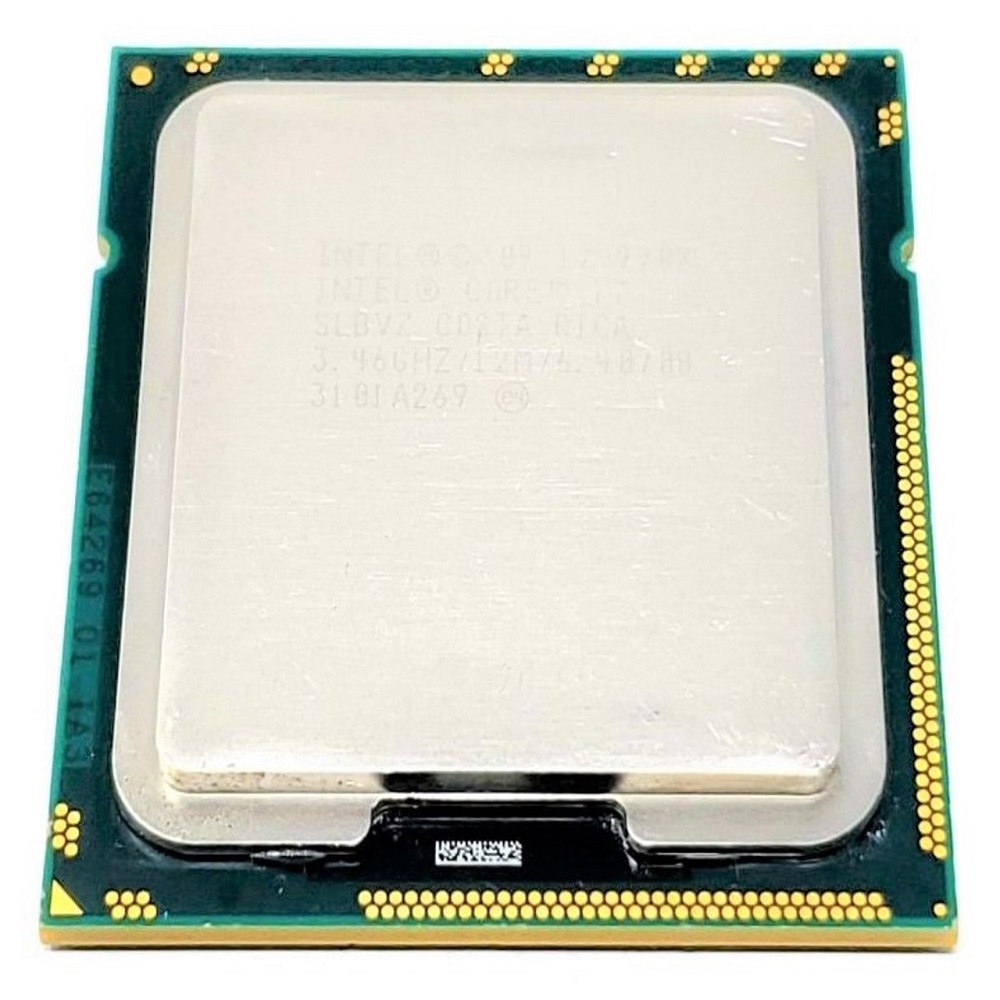
Overview of the AMD Ryzen 9 5950X
The AMD Ryzen 9 5950X is a formidable competitor in the high-end processor market. Launched in late 2020, it offers advanced features and performance that appeal to gamers and creators alike.
Key Specifications
The Ryzen 9 5950X features 16 cores and 32 threads, making it highly capable of handling multitasking and demanding applications. Its base clock speed is 3.4 GHz, with a maximum boost speed of 4.9 GHz. Unlike the i9-7990X, the Ryzen 9 5950X operates on a more energy-efficient 7nm process technology, allowing for better performance per watt.
The Ryzen processor supports dual-channel DDR4 memory with speeds up to 3200 MHz. Additionally, it comes with 24 PCIe lanes, ensuring sufficient bandwidth for high-performance GPUs and other components.
Target Audience
The Ryzen 9 5950X targets a similar audience as the i9-7990X, appealing to gamers, content creators, and professionals seeking a high-performance processor for intensive workloads. With its excellent single-threaded and multi-threaded performance, it has become a popular choice for high-end gaming rigs and workstations.
Overview of the Intel Core i9-11900K
Another significant player in the high-performance market is the Intel Core i9-11900K. Released in early 2021, this processor represents Intel’s latest advancements in architecture and technology.
Key Specifications
The Intel Core i9-11900K features 8 cores and 16 threads, which is fewer than both the i9-7990X and Ryzen 9 5950X. It has a base clock speed of 3.5 GHz and can boost up to 5.3 GHz. The chip utilizes the 14nm process technology, which has been refined over time for improved efficiency.
The i9-11900K supports dual-channel DDR4 memory with speeds up to 3200 MHz. It also has 20 PCIe lanes, which provide a decent level of connectivity for various components. Intel’s new architecture focuses on improving single-threaded performance, making it a strong candidate for gaming and general computing tasks.
Target Audience
The i9-11900K is designed for gamers and general consumers who prioritize high clock speeds and strong single-threaded performance. While it may not compete with the i9-7990X or Ryzen 9 5950X in multi-threaded tasks, it holds its own in gaming scenarios, making it popular among those building high-end gaming PCs.
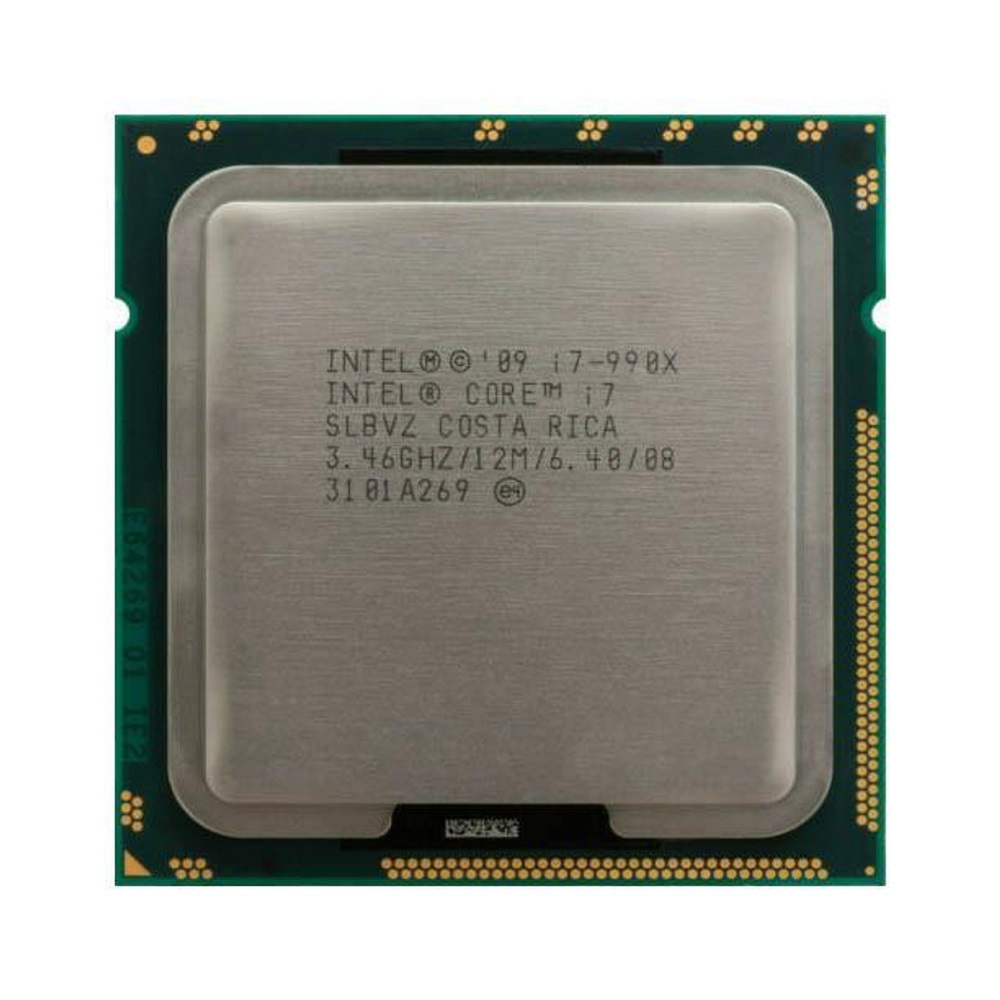
Performance Comparison
When comparing these processors, it is essential to evaluate their performance in various scenarios to understand their strengths and weaknesses.
Multi-Core Performance
The Intel Core i9-7990X excels in multi-core performance due to its 18 cores and 36 threads. It can handle demanding tasks with ease, making it ideal for heavy workloads like 3D rendering and video encoding. Its performance in multi-threaded benchmarks typically outshines both the Ryzen 9 5950X and i9-11900K.
The AMD Ryzen 9 5950X also performs exceptionally well in multi-core scenarios, thanks to its 16-core design. It comes close to the i9-7990X in multi-threaded tasks, making it a suitable competitor in this category. In some tests, the Ryzen 9 5950X has even outperformed the i9-7990X in specific applications, particularly those optimized for AMD architecture.
On the other hand, the Intel Core i9-11900K, with only 8 cores, lags behind in multi-core performance. While it can handle typical computing tasks and moderate workloads, it struggles in scenarios that require maximum parallel processing compared to its higher-core counterparts.
Single-Core Performance
In single-core performance, the i9-11900K shines. Its ability to achieve high clock speeds makes it a strong option for applications that rely heavily on single-threaded tasks, including most games and some productivity software. The i9-11900K’s architecture allows it to excel in benchmarks that focus on single-core performance.
The Ryzen 9 5950X holds up well in single-core situations, offering good performance that rivals the i9-11900K in many cases. However, it does not quite reach the same peak clock speeds, resulting in slight performance gaps in tasks that prioritize single-threaded execution.
The i9-7990X, while still capable, may not deliver the same level of single-core performance as the other two processors due to its architecture and focus on multi-threaded efficiency.
Power Consumption and Thermal Management
Besides performance metrics, power consumption and thermal management play vital roles in selecting a processor.
Intel Core i9-7990X
The Intel Core i9-7990X is known for its considerable power consumption, often requiring up to 165W under full load. This aspect makes it essential to have a robust cooling solution to ensure optimal performance. Overheating can lead to throttling during lengthy workloads, impacting overall performance. Many users pair this processor with high-end air or liquid cooling systems to maintain temperatures effectively.
AMD Ryzen 9 5950X
By comparison, the Ryzen 9 5950X operates on a more efficient 7nm process, leading to lower power consumption. Its TDP (Thermal Design Power) is rated at 105W, making it more energy-efficient than its Intel counterparts. This lower power consumption translates into less heat generation, resulting in quieter operation and reduced demands on cooling solutions.
Intel Core i9-11900K
The Core i9-11900K has a slightly lower TDP of 125W, which is more manageable than the i9-7990X but still requires careful consideration of cooling solutions. While it can run hot under full workloads, many users find that quality air or liquid cooling systems can handle its heat output efficiently.
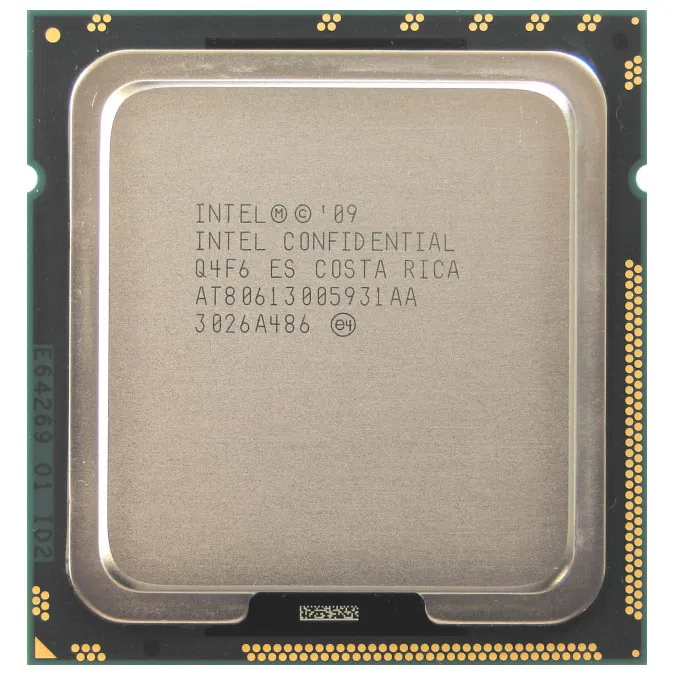
Suitability for Different Tasks
It is essential to consider the types of tasks each processor is best suited for when making a decision.
Content Creation
For content creators, the Intel Core i9-7990X offers unparalleled performance in demanding tasks like 3D rendering and video editing. Its high core count and multi-threading capabilities make it a favorite among professionals in video production, animation, and design.
The AMD Ryzen 9 5950X also excels in content creation scenarios, providing great performance in multi-threaded environments. Many creators find it an attractive choice, especially due to its more energy-efficient design, which can lead to quieter operation during long sessions.
While the Intel Core i9-11900K can handle general content creation tasks, it is less optimized for heavy workloads compared to the other two processors. Users in this field may find better results with the other options.
Gaming Performance
When it comes to gaming, the Intel Core i9-11900K takes the lead due to its high single-core performance and clock speeds. Gamers who prioritize frame rates and responsiveness will likely benefit from this processor, as it consistently performs well in gaming scenarios.
The AMD Ryzen 9 5950X also performs admirably in gaming. Though not as strong in single-core tasks, its multi-core capabilities can bolster performance in games optimized for multiple threads.
The Intel Core i9-7990X, while capable of gaming, may not stand out in this area compared to the other two processors, especially given its focus on multi-threaded performance. However, it remains a solid option for gamers who want to build a machine that can handle heavy workloads outside of gaming as well.
Conclusion
When comparing high-end processors, the Intel Core i9-7990X, AMD Ryzen 9 5950X, and Intel Core i9-11900K each have unique strengths and weaknesses. The i9-7990X excels in multi-threaded workloads, making it a top choice for content creators. Conversely, the Ryzen 9 5950X offers a balance of performance and efficiency, appealing to both gamers and professionals. The i9-11900K shines in gaming, providing excellent single-core performance for demanding titles.
Final Thoughts
Choosing the right processor ultimately depends on your specific needs and workloads. Your decision will be informed by your primary tasks, whether they involve gaming, content creation, or general use. Understanding each processor’s strengths will help you make an informed choice and build a system that meets your performance expectations. As technology continues to evolve, being equipped with the right hardware ensures you remain competitive in your endeavors, whether in gaming, work, or creative pursuits.
